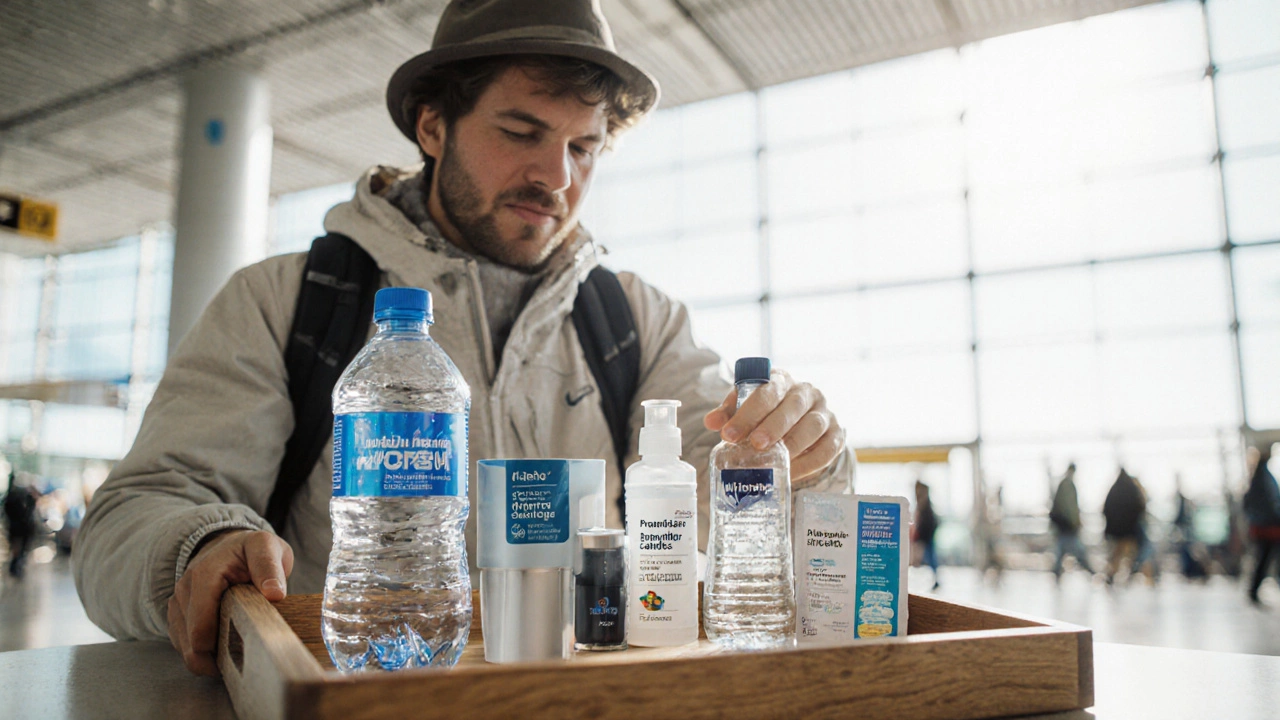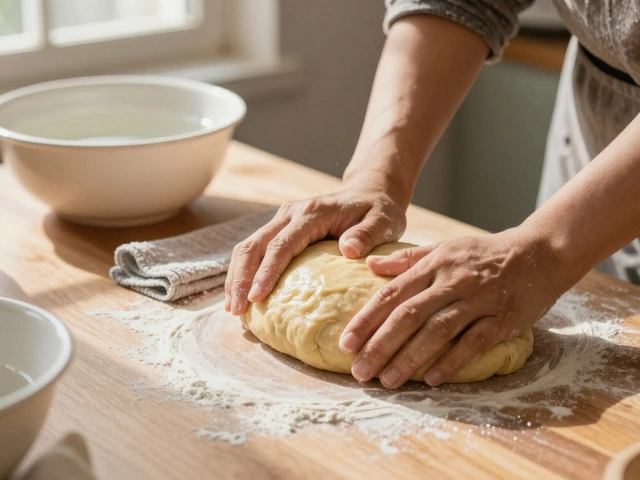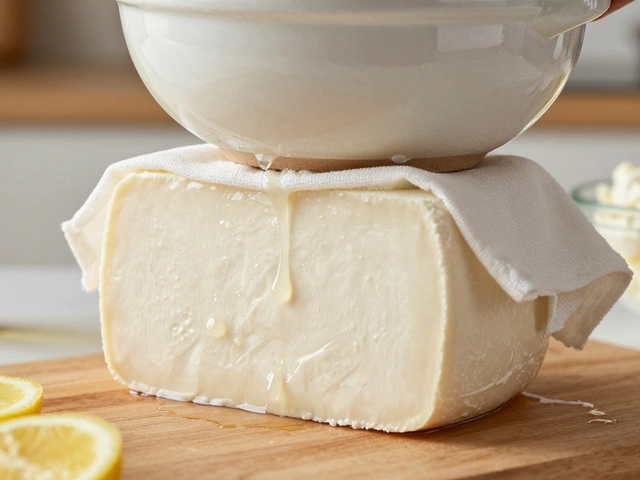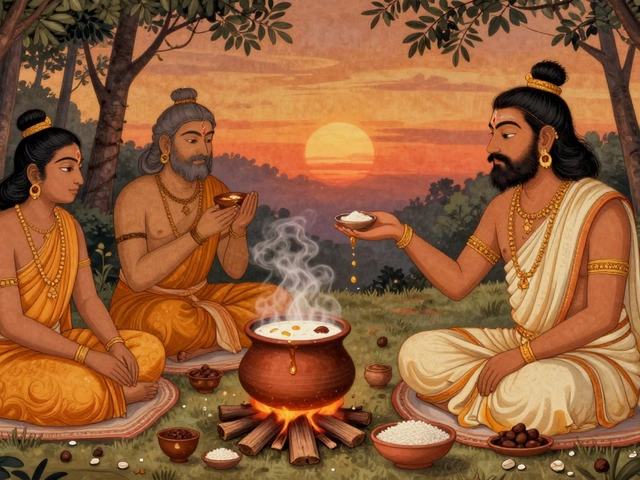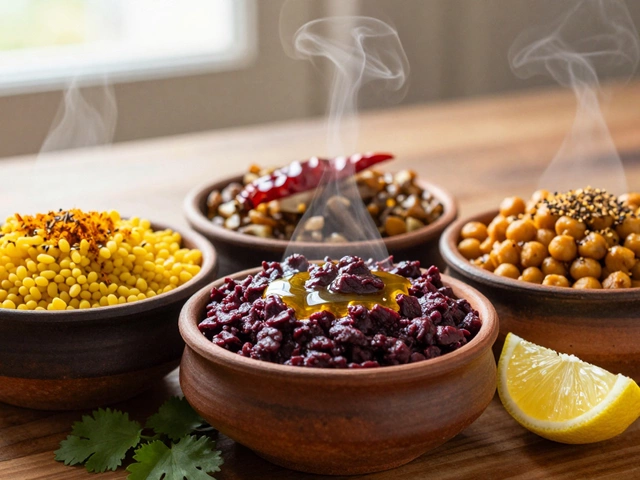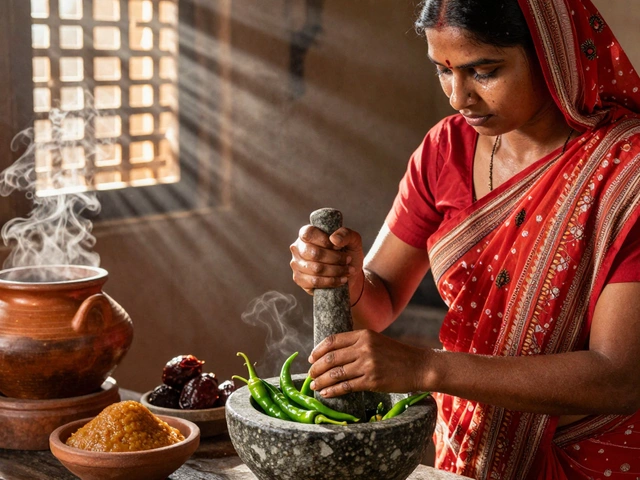Traveler's Stomach Risk Checker
Your Risk Assessment
Quick Takeaways
- Drink only bottled, filtered, or boiled water.
- Prefer hot, freshly cooked meals over raw or pre‑cooked items.
- Carry a small hand‑sanitizer and wash hands before every bite.
- Pack a probiotic supplement and an oral rehydration powder.
- Know the signs of serious infection and when to seek medical help.
What Causes a Bad Stomach in India?
Most visitors experience travelers' diarrhea is an acute gastrointestinal upset caused by ingesting contaminated food or water, often featuring watery stools, cramping, and nausea. The culprit can be bacteria like Escherichia coli, parasites such as Giardia, or viral agents. While the condition is usually self‑limiting, dehydration can become a real danger, especially in hot climates.
Core Prevention Strategies
Think of your stomach as a filter that needs clean input. The three pillars of protection are water, hand hygiene, and food temperature.
Safe Drinking Water
India’s tap water varies widely in quality. The safest bet is to rely on bottled water with a sealed cap, or to bring your own portable filter that removes bacteria and protozoa. If you must use tap water, bring a boiling pot and let the water roll for at least one minute before drinking.
Hand Sanitizer and Hand Washing
A compact, alcohol‑based hand sanitizer (minimum 60% alcohol) should travel in your bag. Use it after touching money, restroom handles, or street‑food stalls, and wash with soap whenever possible. The CDC reports that proper hand hygiene can cut gastrointestinal infection risk by up to 40%.
Temperature Matters
Heat kills most pathogens. Choose dishes that are served piping hot, and watch for signs that food has been sitting out for too long-cool or lukewarm textures, lack of steam, or visible sweat on the plate.
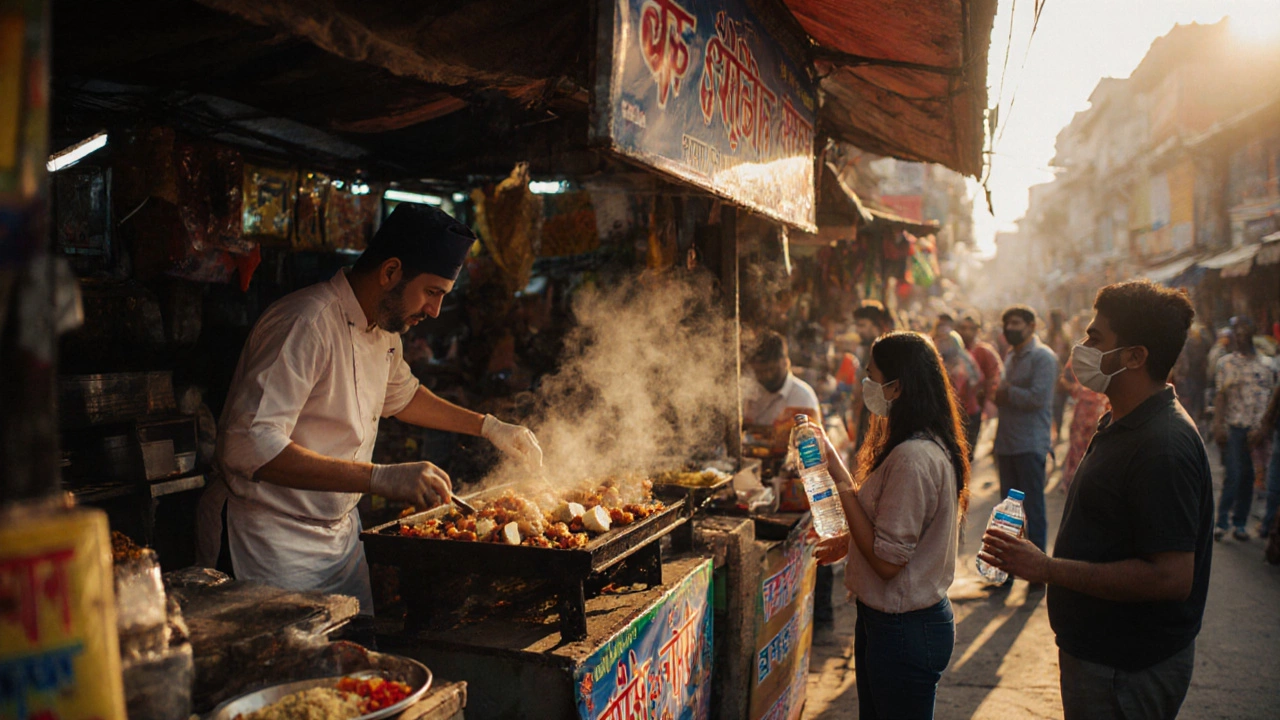
Choosing Food Wisely
The Indian culinary scene is a feast for the senses, but some items carry more risk than others.
Street Food: Enjoy with Caution
Street stalls are the soul of Indian flavor, yet hygiene standards can be inconsistent. Follow these quick checks:
- Is the vendor cooking in front of you? Fresh heat means fewer microbes.
- Do you see a steady flow of customers? High turnover suggests rapid turnover and less time for spoilage.
- Is the stall covered from dust and insects?
Opt for items like freshly grilled paneer tikka or tandoori chicken that are cooked at high temperatures. Avoid raw salads, unpeeled fruits, and night‑market chaat that sits under a lamp for hours.
Cooked vs. Raw Vegetables
Raw veggies can be a source of parasites, especially if washed with contaminated water. If you crave crunch, ask for vegetables that have been boiled or stir‑fried, or peel them yourself using a clean knife.
Spice Levels and Gut Tolerance
Spicy foods aren’t inherently dangerous, but they can irritate an already sensitive stomach. Gradually increase heat rather than diving straight into extra‑hot curries.
Probiotics, Medications, and Emergency Supplies
Even with perfect precautions, a slip can happen. Being prepared reduces the fallout.
Probiotic Supplements
Take a daily probiotic capsule containing strains like Lactobacillus rhamnosus GG for at least a week before arrival. Studies show a 30% drop in incidence of traveler’s diarrhea among probiotic users.
Oral Rehydration Salts (ORS)
Pack a few packets of ORS powder. Mix with clean water if you develop loose stools; it replenishes electrolytes faster than sports drinks.
Anti‑diarrheal Meds
Having a short course of loperamide (Imodium) can help control severe cramping, but avoid it if you suspect a bacterial infection that needs to be flushed out.
When You Get Sick: First‑Aid Steps
- Stop eating solid food for 6‑8 hours; sip clear liquids and ORS.
- Rest and stay hydrated. Aim for at least 1.5‑2 liters of fluid a day.
- If you have a fever above 101°F, chills, or blood in stool, seek a local doctor immediately.
- Carry a copy of your travel insurance and note the nearest reputable hospital.
Most cases resolve within 48 hours, but timely rehydration prevents complications.
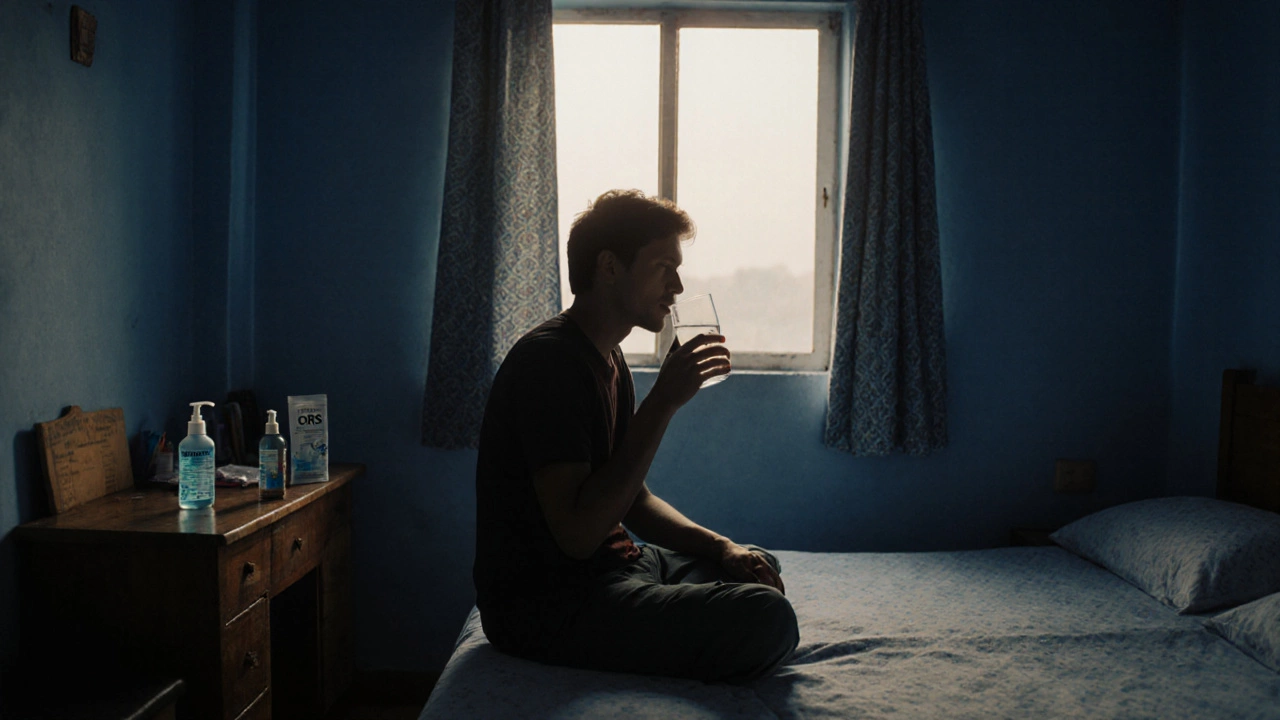
Quick Checklist Before You Eat
- Is the water source sealed or boiled?
- Are my hands clean or sanitized?
- Is the food hot and freshly prepared?
- Do I see a high turnover of customers?
- Have I avoided raw salads and unpeeled fruit?
Run through this list in under ten seconds; it’s your safety net.
Comparison of Safe vs. Risky Food Choices
| Category | Safe Choices | Risky Choices |
|---|---|---|
| Water | Bottled (sealed) / boiled | Tap, street‑vendor ice |
| Vegetables | Cooked, peeled, or washed with filtered water | Raw salads, unpeeled fruit |
| Meat & Poultry | Hot, grilled, tandoori, well‑cooked | Undercooked kebabs, pre‑cooked cold cuts |
| Snacks | Roasted nuts, freshly fried samosa (hot oil) | Stale bhujia, snack packets opened days ago |
| Dairy | Pasteurized milk, yogurt from sealed containers | Unpasteurized milk, street‑vendor lassi without refrigeration |
Frequently Asked Questions
Can I drink tap water if I boil it?
Yes. Boiling for at least one minute kills most bacteria and parasites. Let it cool in a clean container before drinking.
Are fruit juices from street stalls safe?
Avoid them unless you see the fruit being squeezed in front of you and the juice is served over ice made from bottled water. Otherwise, stick to sealed bottled juices.
Should I take antibiotics as a preventive measure?
Routine prophylactic antibiotics are not recommended because they can foster resistance. Reserve them for severe cases under a doctor’s guidance.
How long does travelers' diarrhea usually last?
Most mild cases resolve within 24‑48 hours with proper hydration. If symptoms persist beyond three days, see a medical professional.
Is it safe to eat spicy food if my stomach is sensitive?
Start with milder spice levels. Capsaicin can irritate an inflamed gut, so listen to your body and back off if you feel a burn.
What should I do if I develop a fever while traveling?
Take acetaminophen for comfort, stay hydrated, and seek a local clinic if the fever exceeds 101°F or is accompanied by vomiting or blood in stool.
Are probiotic drinks like kefir helpful?
They can support gut flora, but choose brands that are pasteurized and sealed. Homemade kefir from local milk carries risk.
Do vaccines protect against stomach bugs?
The hepatitis A vaccine and Typhoid vaccine are recommended for India and can prevent some bacterial infections that cause diarrhea.
